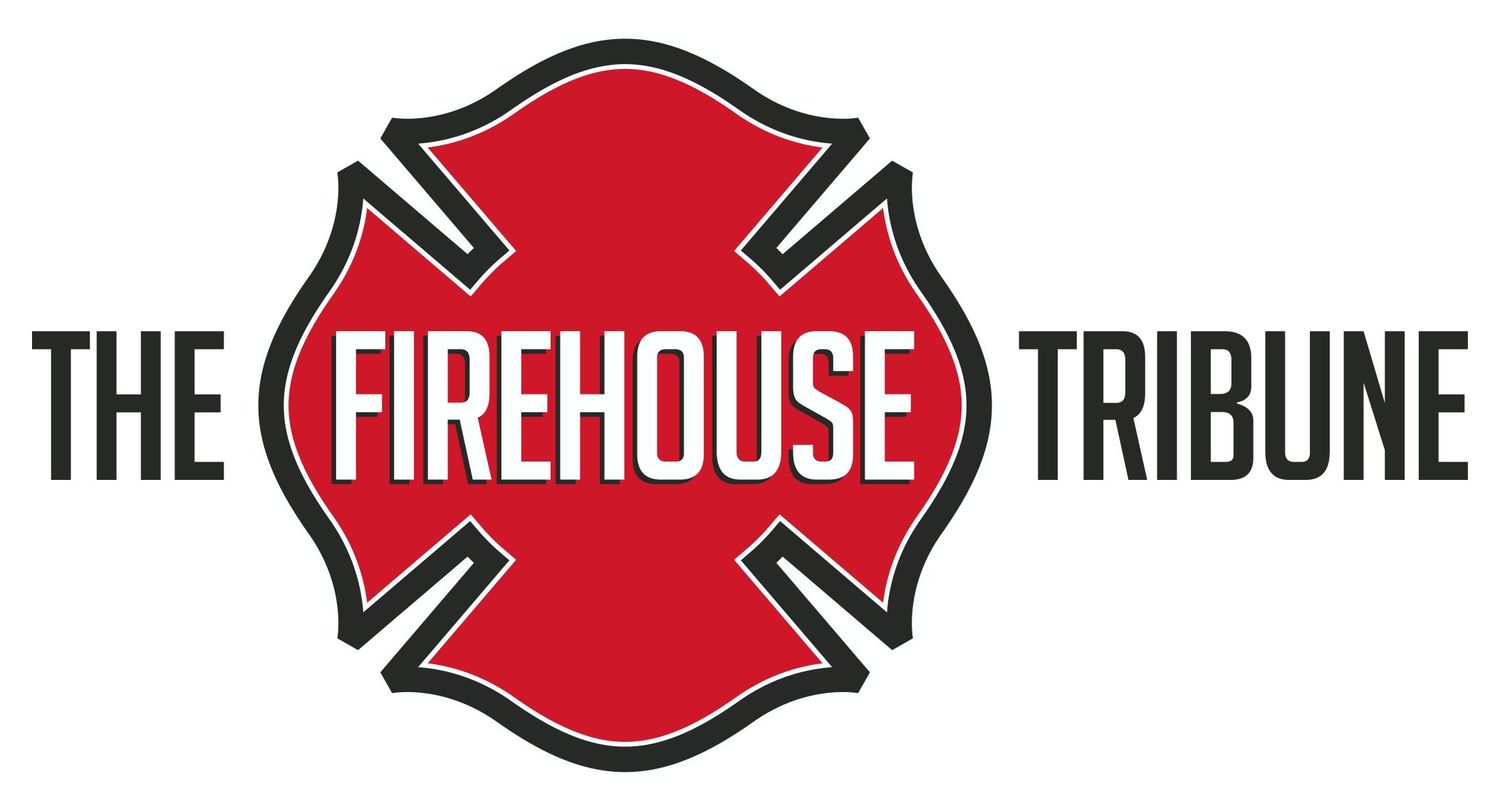Where Are The Instructions?
Everything was gathered in front of us: Eggs. Water. Oil. Cooking spray. A pan. And of course, cake mix. My youngest daughter and I had items ready, as per the standard operation procedures of cupcake making in our home. We are set to begin operation 'ultimate cupcake'. What makes our cupcakes ‘ultimate’? People may not be willing to put 10 lbs of stuff into a 5 lbs bag, but I'm willing to put 24 servings of cupcake batter into a 12 serving pan.
Aside for the last part, I'm pretty good at following instructions. After years in the military, followed by years in the fire service, I have had plenty of practice. Give me instructions to a task I have never done, and I'll probably figure it out. But what do you when there are no instructions? For things like, how to be a dad? Sure there are self-help books jumping off the shelves for parenting. Where is the one for your specific model of kid?
Despite all of the specific instruction I 've had in my two careers, those careers have also helped me figure out how to work without instructions. I use the acronym RPM. (because, after 14 years in the military, and 16 years in the fire service, how could I resist making my own acronym). I use this regularly for being a dad, but it can be applied to other aspects of life, such as leadership
1. Read
o No, you can't find all the answers you need in a book. Yes, you can find useful info that can help you. It is a starting point. Reading will not always give you answers, but it can give you ideals. Things change, parenting changes, leadership situations change. You better be changing to keep up. Keeping your reading list current will help with this.
2. Playbook
o Slide tray. Template. Script. Whatever you want to call it. People who have been in the military and/or fire service know how to take prior experience, and come up with a general-use guide for getting through situations. I say general, because sometimes the play is broken; it doesn't go as planned. But it can still be made to work. And now the play is improved.
3. Mentor
o Get a counsel of wise people. In a TED talk video, Bruce Feiler, a dad dying of cancer, found a group of dads to mentor his kids after he passed on from his illness. We all need a group of people wiser than us to prepare us for what is ahead. Having one mentor is not enough. This group needs to be as diverse as you want your life to be. Take their wisdom. See the possibilities.
There are a number of life areas that you will have to make things happen without directions on the box. Whenever you’re operating out of the box, try using RPM for ultimate leadership, or ultimate cupcakes. Life needs more of both.
About the Author
NICK BASKERVILLE has had the honor of serving in the United States Air Force for 10 years, followed by 4 years in the United States Air Force Reserves. He attained the rank of Technical Sergeant (E-6). Nick also has 16 years of fire service time, with 13 years of that being in a career department in Northern Virginia. Nick has had the opportunity to hold positions in the Company Officer's section of the Virginia Fire Chief's Association (VFCA), The Virginia Fire Officer's Academy (VFOA) staff, and in the International Association of Black Professional Fire Fighters (IABPFF) as a chapter president, a Health and Wellness committee member, and one of the IABPFF representatives to the Fire Service Occupational Cancer Alliance.


